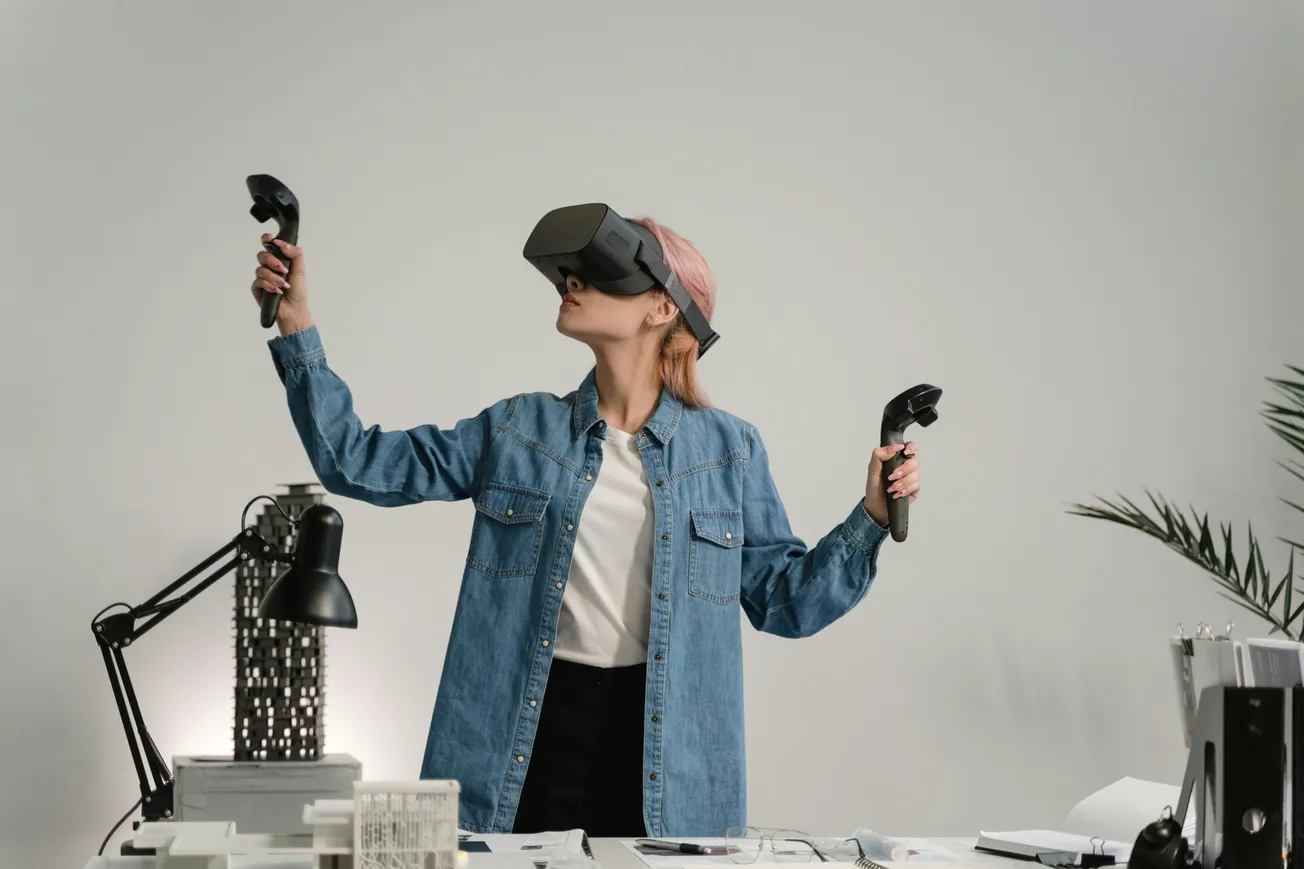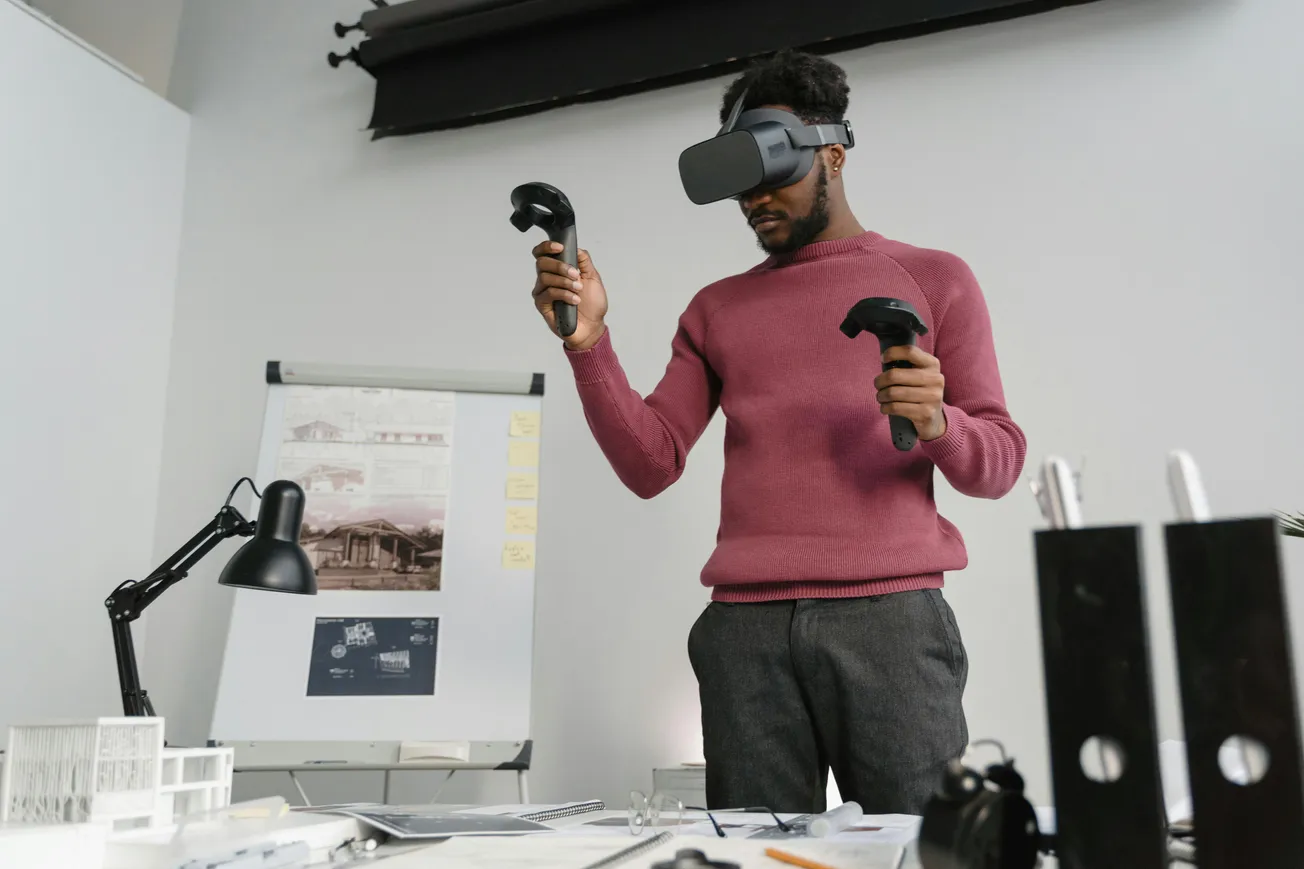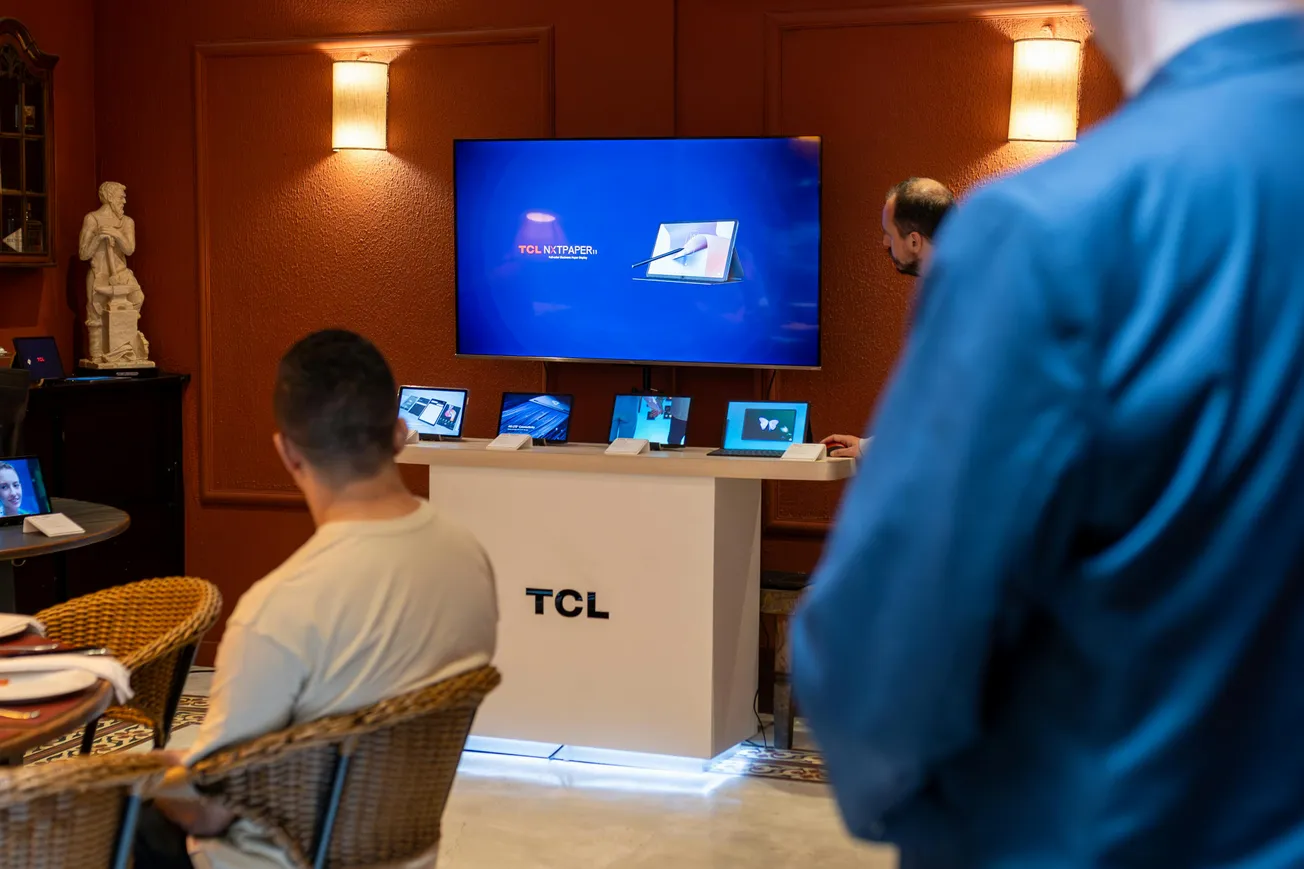As traditional retail evolves, the metaverse is setting the stage for a revolutionary shopping landscape. Combining immersive technologies with e-commerce, metaverse retail is reshaping consumer engagement in exciting ways.
The Rise of Metaverse Retail
Metaverse retail integrates virtual reality (VR), augmented reality (AR), and gamified shopping into a cohesive experience. Consumers can explore virtual storefronts, interact with products, and receive immediate assistance from virtual sales assistants, transforming how we shop.
Historical Context
The path to today's metaverse retail began decades ago. While the 1990s showcased early consumer VR, technological constraints limited its reach. Recent advancements have made VR more accessible and appealing, paving the way for applications in retail.
Successful Case Studies
Alibaba's Buy+ VR enables users to shop in a virtual environment, maintaining a competitive edge in e-commerce.
Shopify AR enhances product visualization for consumers, offering an immersive view of products in their own homes.
Decentraland allows users to buy, sell, and interact with branded spaces in a blockchain-based format, showcasing virtual goods.
Fortnite has seamlessly merged gaming with retail, featuring limited-time brand collaborations seamlessly integrated into its platform.
The Benefits of Metaverse Retail
Enhanced Consumer Experience
Through immersive environments, shoppers enjoy unique and engaging experiences. Trying on clothes or testing furniture is more interactive and fun within these digital realms.
Accessibility and Convenience
The metaverse breaks down geographical barriers, providing global access to products and services. Consumers can shop at any time, enhancing convenience and user engagement.
Technological Innovations Driving Growth
VR and AR Technologies
VR and AR technologies continue to evolve, offering increasingly realistic and engaging shopping experiences. Future advancements will likely broaden metaverse acceptance among consumers.
Blockchain and Cryptocurrency
Blockchain's secure transaction capabilities foster trust within virtual marketspaces, while cryptocurrencies allow for seamless transactions, further integrating financial technologies within the metaverse.
Challenges and Future Trends
The journey toward widespread metaverse adoption isn't without hurdles. Ensuring the technology is affordable and building infrastructure to support it remain vital.
Opportunities Awaiting Retailers
Retailers can leverage the metaverse to create unique virtual storefronts, host immersive virtual events, and explore innovative marketing strategies that traditional methods cannot match.
Ethical Considerations
As this new frontier unfolds, issues concerning privacy, security, and inclusivity are paramount. Ensuring that metaverse retail environments cater to varied demographics and protect consumer data is crucial.
Conclusion
Embracing metaverse retail opens an avenue for enhanced, inclusive shopping experiences. Retailers willing to innovate and adapt stand to gain significant market advantages. By keeping informed and engaged with these evolving technologies, we can help shape a future where retail truly transcends boundaries.










